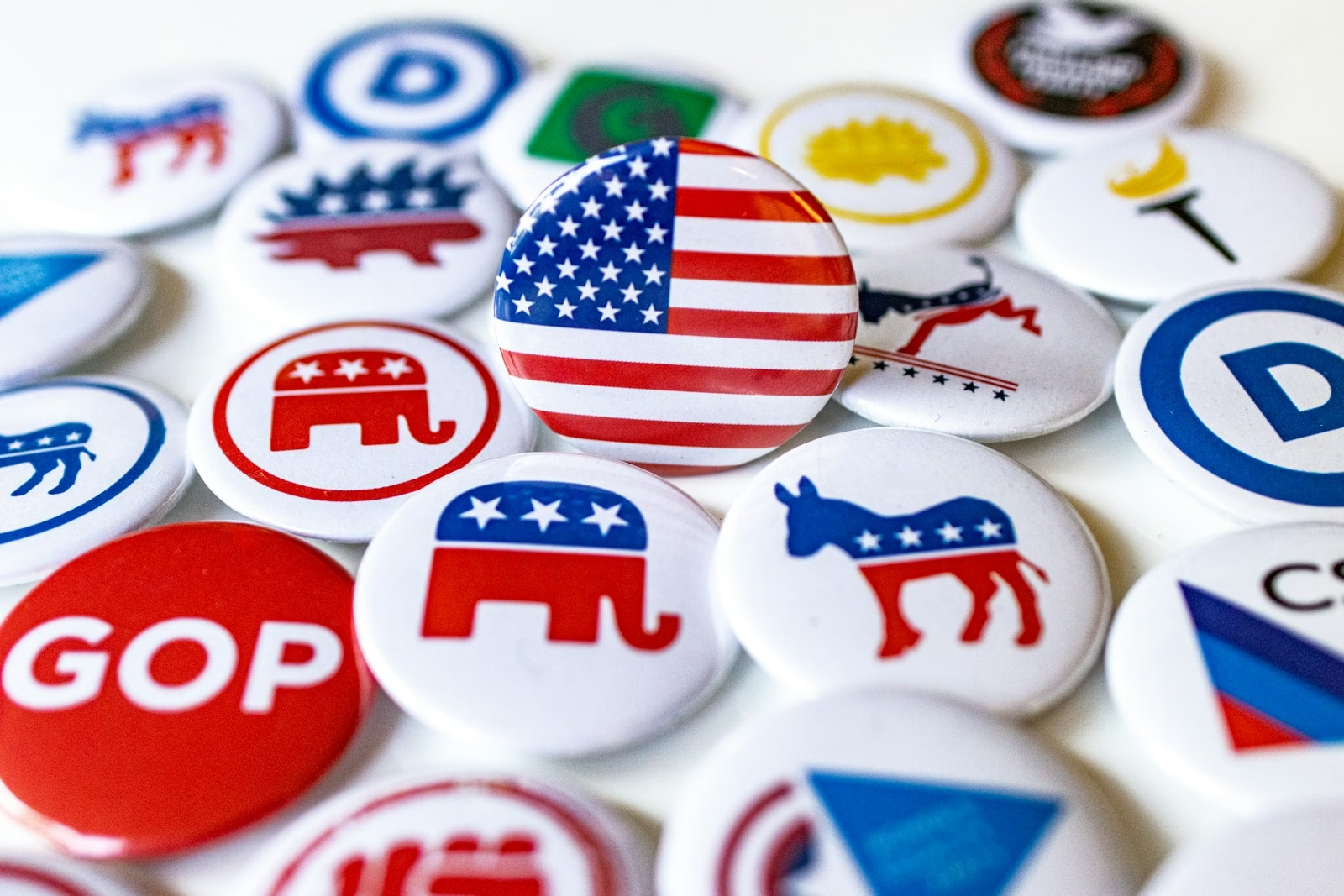Key Takeaways
- Racist and xenophobic remarks surfaced in Republican text threads.
- Leaders used insecure texting and encrypted apps like Signal.
- The GOP group chat scandal highlights deep hubris and risk.
- Few members face real consequences despite clear evidence.
GOP Group Chat Scandal Exposes Deep Problems
The recent GOP group chat scandal has stunned many. It shows how some party members speak without fear. They share hateful messages in text threads and on encrypted apps. In fact, their main worry seems to be job security, not national security. This scandal reflects a core arrogance in the party’s communications.
The scandal began when reporters uncovered thousands of messages. These texts revealed praise for Hitler and slurs against various groups. Some members blamed internal rivalries for leaks. Yet the uproar has not led to serious punishments. Instead, it underscores a sense of impunity within the party.
Why the GOP Group Chat Scandal Matters
First, these messages create a clear paper trail. Anyone can screenshot and share them. As a result, they become proof of extremist views. However, the people involved seem to treat leaks as minor mishaps. They send a quick “lol, oops” and carry on.
Second, using text threads and apps like Signal is risky. These platforms are unreliable for secret talks. Texts can be stored, forwarded, and exposed. Therefore, party insiders leave evidence of their worst opinions. That behavior itself poses a security risk for the country.
Third, the scandal reveals a culture of hubris. Members believe they will face no real fallout. They assume that, no matter what they text, they can avoid serious harm. This overconfidence erodes trust in the party’s leadership.
What This Means for the Republican Party
The GOP group chat scandal could drive voters away. People expect leaders to act responsibly. When they don’t, trust fades. Meanwhile, opponents will use these revelations to attack the party’s integrity.
At the same time, party leaders have done little to address the problem. Few, if any, have punished the chat participants. Without consequences, the message is clear: you can express hate without fear. This stance could alienate moderate voters and damage future campaigns.
Moreover, the scandal highlights poor communication habits. Relying on casual texts for sensitive talks is unwise. Leaders should use secure, professional channels. Otherwise, they risk exposure and embarrassment.
How the Scandal Unfolded
Initially, journalists got hold of internal text archives. These contained racist jokes and extremist praise. Some messages even discussed deporting entire populations. Once published, the texts sparked outrage across the country.
Despite the backlash, the involved members shrugged it off. They blamed leaks on internal feuds. Then they kept right on texting. As one analyst noted, the scandal proves they feel untouchable.
Furthermore, the scandal shows that slurs still exist at the highest levels. It defies efforts to present a more inclusive party image. If leaders cannot control their own chats, how can they promise better governance?
The Security Angle
Interestingly, the scandal also raises national security questions. When party figures use unreliable systems, they put sensitive data at risk. Encrypted apps like Signal might seem safe. Yet they can still leave logs and invite leaks.
Meanwhile, texting leaves a clear record. In an age of digital forensics, no message truly disappears. Thus, risky communications can expose plans and strategies. They can even reveal personal details.
Ultimately, the GOP group chat scandal shows why secure, formal channels matter. Governments worldwide treat classified data with strict rules. Yet these party members treat serious topics like casual chat. That mismatch poses dangers beyond just embarrassment.
Lessons for Political Teams
First, always assume someone will see your messages. Treat digital talks as permanent. Use secure, vetted platforms for sensitive matters. Avoid casual group texts for strategy or confidential ideas.
Second, set clear rules for online behavior. Leaders should ban hate speech in any form. They must enforce real penalties when rules break. Without consequences, bad habits thrive.
Third, train staff on digital hygiene. Teach them to use strong passwords and two-factor authentication. Remind them that leaks can come from anywhere, even trusted allies.
Finally, foster a culture of respect. Encourage open dialogue, but ban hateful language. Show that the party values all citizens. This approach not only prevents scandals, it builds voter trust.
What Comes Next
For now, the scandal remains in the headlines. Yet without serious fallout, the cycle may repeat. Party insiders will keep using risky apps and texting freely. They will feel shielded by a lack of punishment.
However, voters and watchdogs will remember these messages. Opponents will cite them in debates and ads. Over time, the GOP group chat scandal could shape public opinion. It may force the party to clean up its act or face deeper losses.
FAQs
What exactly happened in the GOP group chat scandal?
Reporters revealed private texts filled with racist and xenophobic content. The messages came from various party members messaging on text threads and encrypted apps.
Why are these chats considered a security risk?
Text and Signal messages leave a paper trail that hackers or insiders can leak. That puts personal data and party strategies at risk.
Will any Republican leaders face consequences?
So far, few have faced real punishment. Many involved posted a quick apology and continued as before. That lack of action highlights a sense of impunity.
How could this affect upcoming elections?
The scandal may erode trust among moderate voters. Opponents will use it to paint the party as intolerant. If leaders don’t act, the fallout could hurt their chances at the polls.
